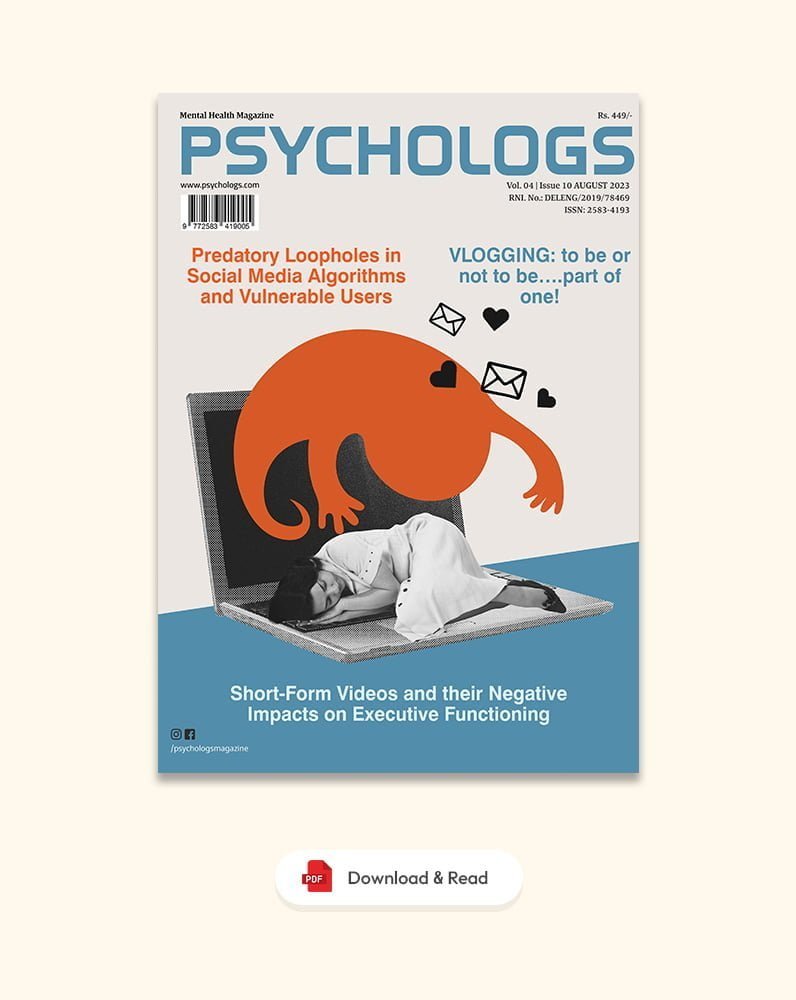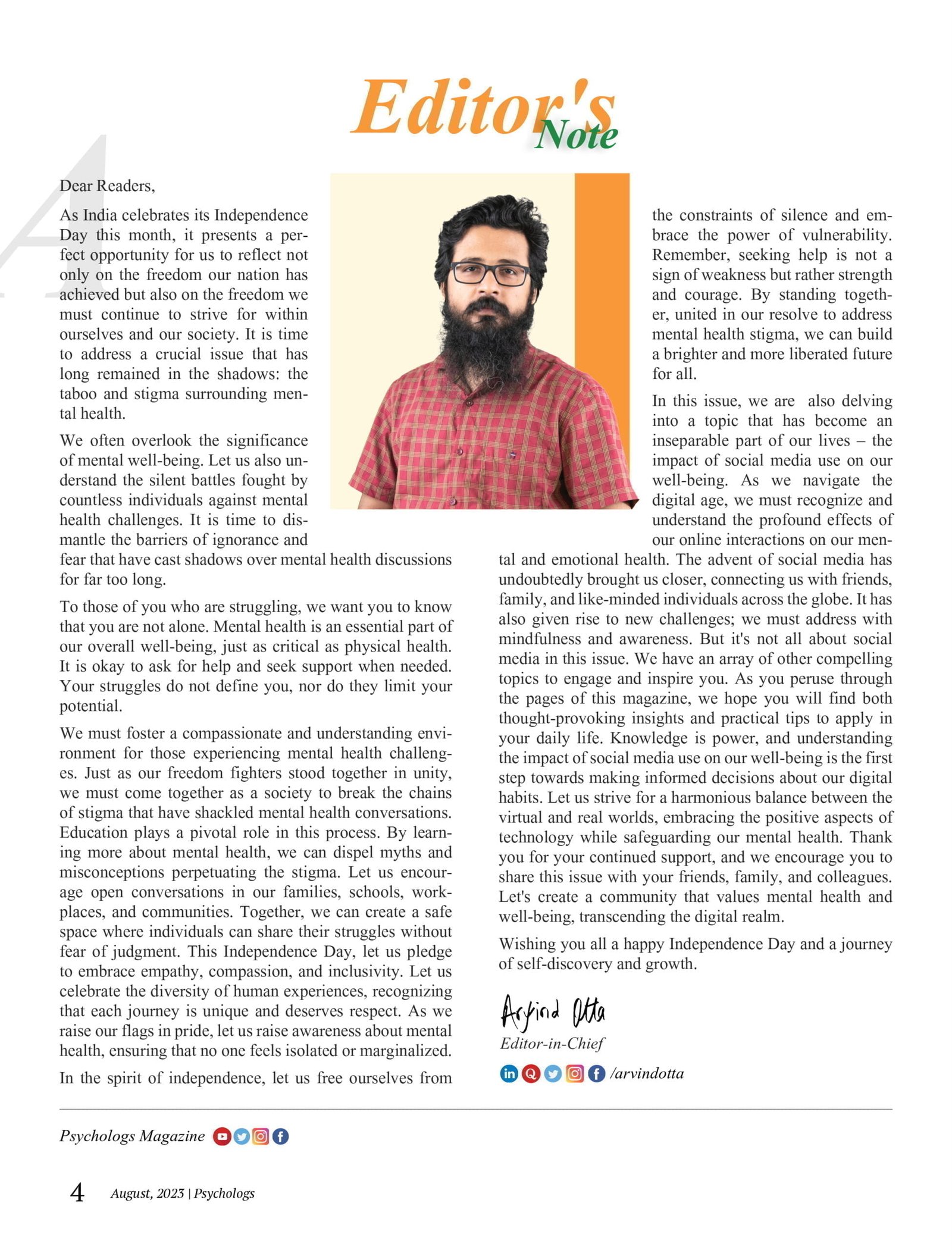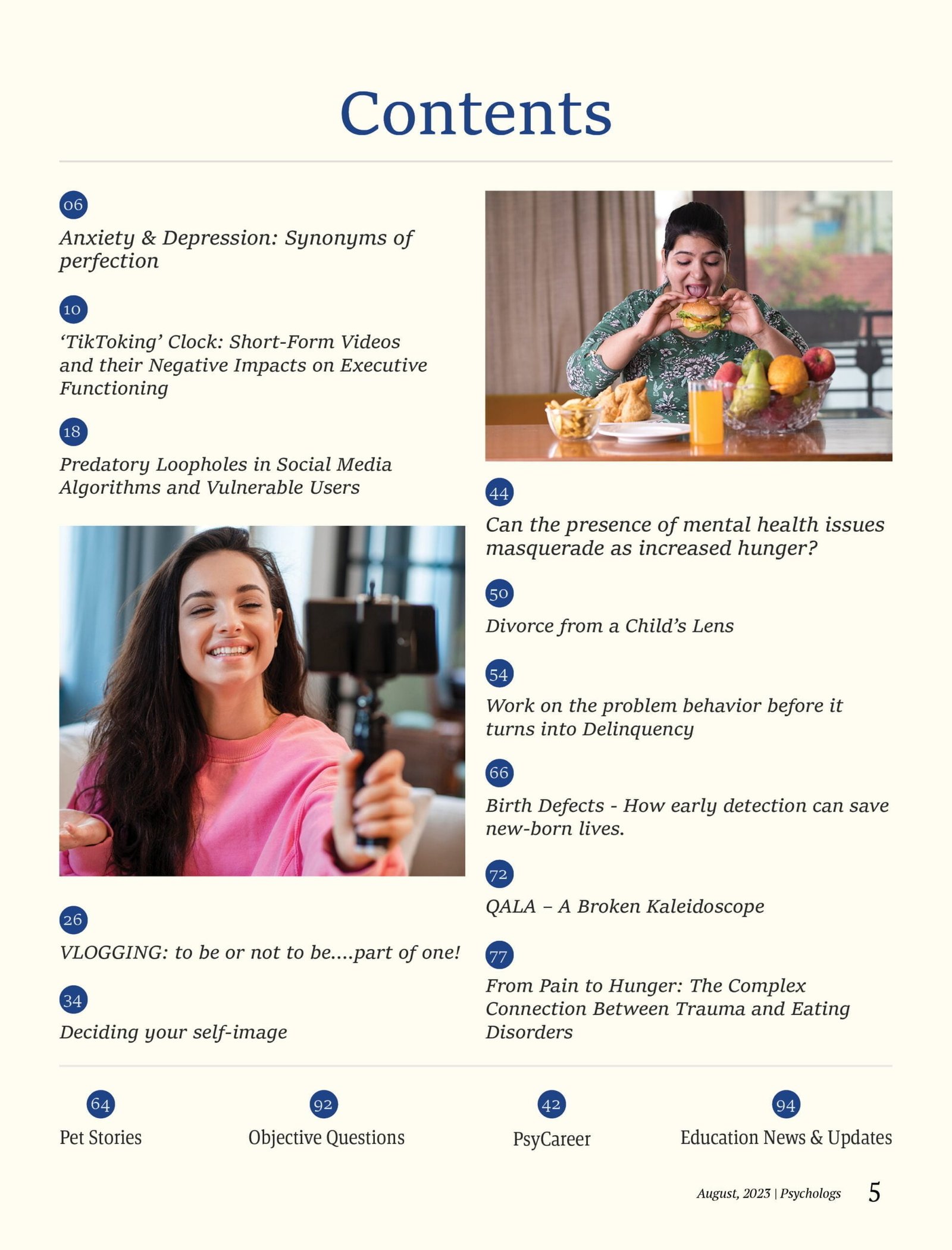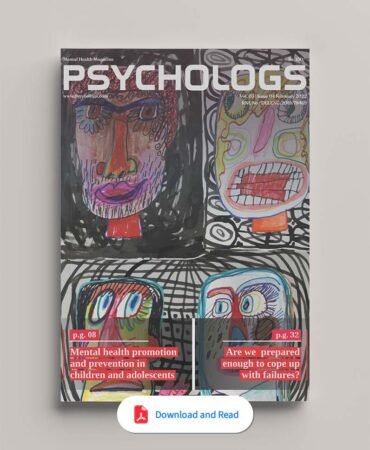Description
Psychologs Magazine’s September 2023 issue brings together research, expert insights, and real-life stories to explore the mental health challenges of modern life. This edition examines how social pressures, trauma, and technology shape our minds, emotions, and behaviors, offering readers tools and perspectives to understand and improve their well-being.
This month, we focus on anxiety, depression, self-perception, trauma, and the influence of digital culture on mental health. From understanding early signs to fostering resilience, the issue connects psychological science with everyday experiences.
Highlights from this issue include:
- Anxiety & Depression: Synonyms of Perfection – Examining the pressures of perfectionism and its impact on mental health.
- ‘TikToking’ Clock: Short-Form Videos and Their Negative Impacts on Executive Functioning – How bite-sized digital content affects focus, memory, and cognitive control.
- Predatory Loopholes in Social Media Algorithms and Vulnerable Users – Investigating risks posed to young and impressionable minds.
- VLOGGING: To Be or Not to Be…Part of One! – Exploring the psychological implications of creating and consuming vlogs.
- Deciding Your Self-Image – How perception, media, and social expectations shape personal identity.
- Can the Presence of Mental Health Issues Masquerade as Increased Hunger? – Understanding the connection between emotions, mental health, and appetite.
- Divorce from a Child’s Lens – Highlighting the emotional experiences of children during family separation.
- Work on the Problem Behavior Before It Turns into Delinquency – Early intervention strategies for at-risk youth.
- Birth Defects – How Early Detection Can Save New-Born Lives – The importance of prenatal awareness and timely care.
- QALA – A Broken Kaleidoscope – An artistic exploration of fragmented experiences and mental health struggles.
- From Pain to Hunger: The Complex Connection Between Trauma and Eating Disorders – Understanding how trauma influences eating behaviors and coping mechanisms.














Leave feedback about this